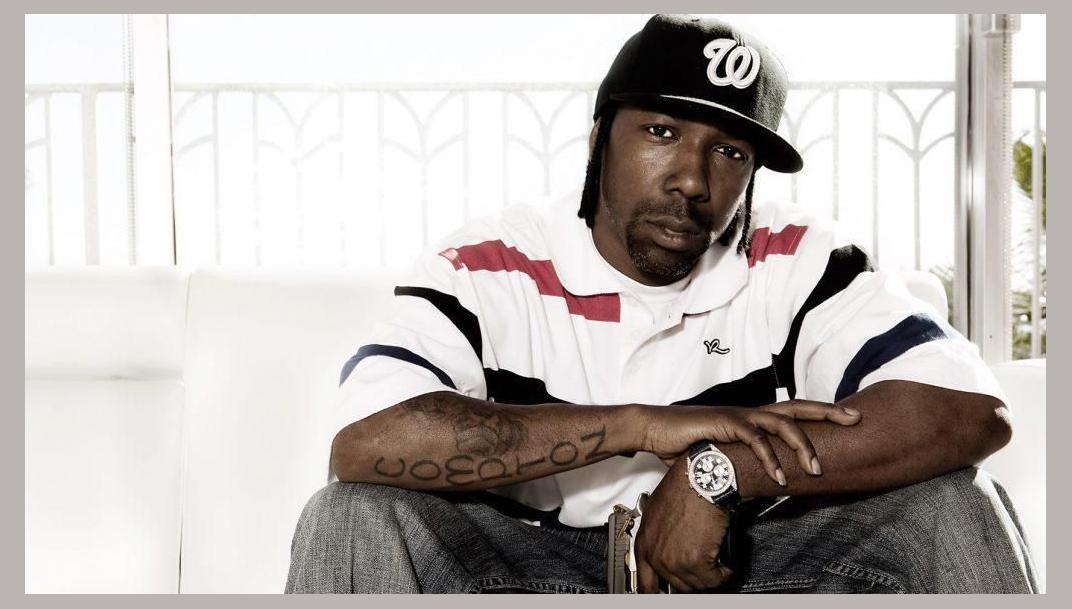 MC Eiht
MC Eiht
MC Eiht: A Journey Through Menace and Melody
MC Eiht, born Aaron Tyler, emerged as a formidable force in the world of West Coast hip-hop during the late 1980s and early 1990s. Known for his raw lyrics that chronicled the harsh realities of life on the streets of Compton, California, Eiht's music resonated with listeners who had experienced similar struggles.
Early Life and Influences:
Eiht's upbringing in the notorious Kelly Park neighborhood of Compton shaped his perspective and artistic style. Witnessing firsthand the violence and poverty that plagued his community, he sought solace in music. Influences such as Ice Cube, Dr. Dre, and Eazy-E inspired him to pursue a career in hip-hop.
Breakthrough with "Straight Up Menace":
Eiht's breakthrough came with the release of his debut album, "Streiht Up Menace," in 1991. The title track, a hard-hitting anthem about the dangers of gang violence, became an instant classic and established Eiht as a major figure in the genre. The album also featured collaborations with Compton's Most Wanted and other up-and-coming rappers.
Challenges and Controversies:
Eiht's music often touched on sensitive topics, such as gang violence, drug abuse, and police brutality. This led to controversy and scrutiny from both critics and law enforcement. In 1994, he was arrested for possession of marijuana and a concealed weapon, an incident that resulted in the cancellation of several scheduled concerts.
Discography and Members:
Throughout his career, MC Eiht has released numerous albums, including "We Come Strapped" (1994), "Last Man Standing" (1997), and "The Feeble Minded" (2004). He has also collaborated with artists such as Snoop Dogg, Ice Cube, and Xzibit.
Legacy and Impact:
MC Eiht's music has left an enduring mark on the West Coast hip-hop scene. His raw and unflinching lyrics have inspired a generation of rappers and listeners who have faced similar challenges. His legacy as a "straight up menace" continues to resonate with those who appreciate the power of music to confront social injustice and tell the stories of the marginalized.
MC Eiht, born Aaron Tyler, emerged as a formidable force in the world of West Coast hip-hop during the late 1980s and early 1990s. Known for his raw lyrics that chronicled the harsh realities of life on the streets of Compton, California, Eiht's music resonated with listeners who had experienced similar struggles.
Early Life and Influences:
Eiht's upbringing in the notorious Kelly Park neighborhood of Compton shaped his perspective and artistic style. Witnessing firsthand the violence and poverty that plagued his community, he sought solace in music. Influences such as Ice Cube, Dr. Dre, and Eazy-E inspired him to pursue a career in hip-hop.
Breakthrough with "Straight Up Menace":
Eiht's breakthrough came with the release of his debut album, "Streiht Up Menace," in 1991. The title track, a hard-hitting anthem about the dangers of gang violence, became an instant classic and established Eiht as a major figure in the genre. The album also featured collaborations with Compton's Most Wanted and other up-and-coming rappers.
Challenges and Controversies:
Eiht's music often touched on sensitive topics, such as gang violence, drug abuse, and police brutality. This led to controversy and scrutiny from both critics and law enforcement. In 1994, he was arrested for possession of marijuana and a concealed weapon, an incident that resulted in the cancellation of several scheduled concerts.
Discography and Members:
Throughout his career, MC Eiht has released numerous albums, including "We Come Strapped" (1994), "Last Man Standing" (1997), and "The Feeble Minded" (2004). He has also collaborated with artists such as Snoop Dogg, Ice Cube, and Xzibit.
Legacy and Impact:
MC Eiht's music has left an enduring mark on the West Coast hip-hop scene. His raw and unflinching lyrics have inspired a generation of rappers and listeners who have faced similar challenges. His legacy as a "straight up menace" continues to resonate with those who appreciate the power of music to confront social injustice and tell the stories of the marginalized.